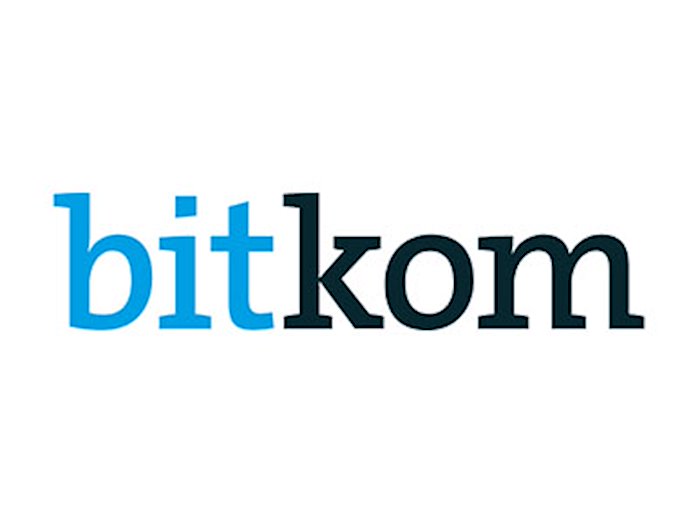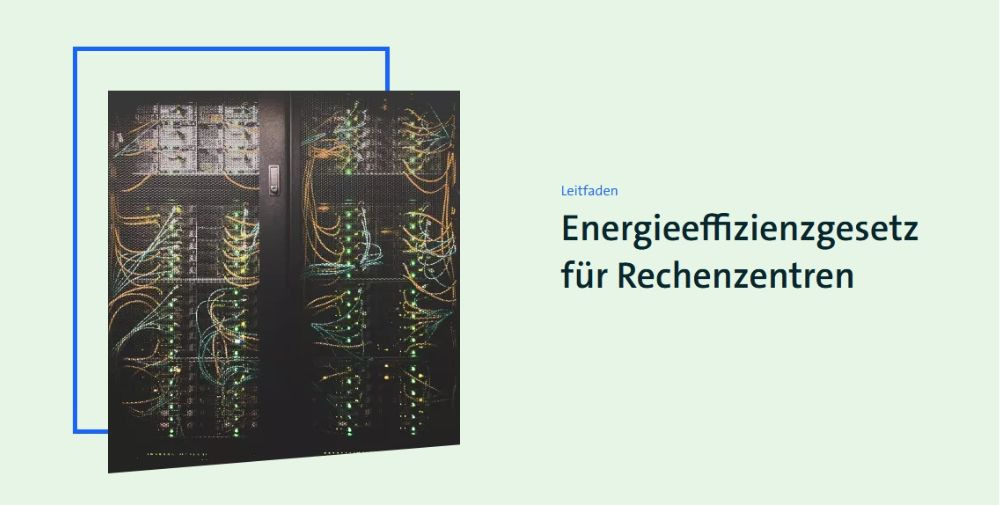
“The Energy Efficiency Act strengthens the sustainability of the digital infrastructure in a binding manner, but also poses major challenges for the industry. It is important that all affected companies familiarize themselves with the requirements,” emphasizes Kilian Wagner, spokesperson for sustainable digital infrastructures at Bitkom. “For the law to be successful, it needs to be implemented in a practical way in consultation with the authorities and politicians. The guidelines can provide a basis for discussion for this common goal.”
The guidelines first define which types of data centers are affected by the law and which are not. This is followed in separate chapters by specifications for data centers that were commissioned before July 2026 – and for data centers that will only start operating after this deadline. The specific requirements are different in each case. Particular attention is then paid to the use of waste heat. “Suitable consumers are needed so that the waste heat from data centers can be used successfully. Municipal heat planning must take greater account of the potential of data centers in the future,” emphasizes Wagner.
The establishment of energy and environmental management systems as well as reporting obligations are also covered in detail in the guidelines. The guide was developed by Bitkom’s data center working group and will be updated in the future as the EU’s framework conditions change.
– – – – – –
Further links
👉 www.bitkom.org
👉 Guide “Energy efficiency law for data centers”
Photo: Bitkom



